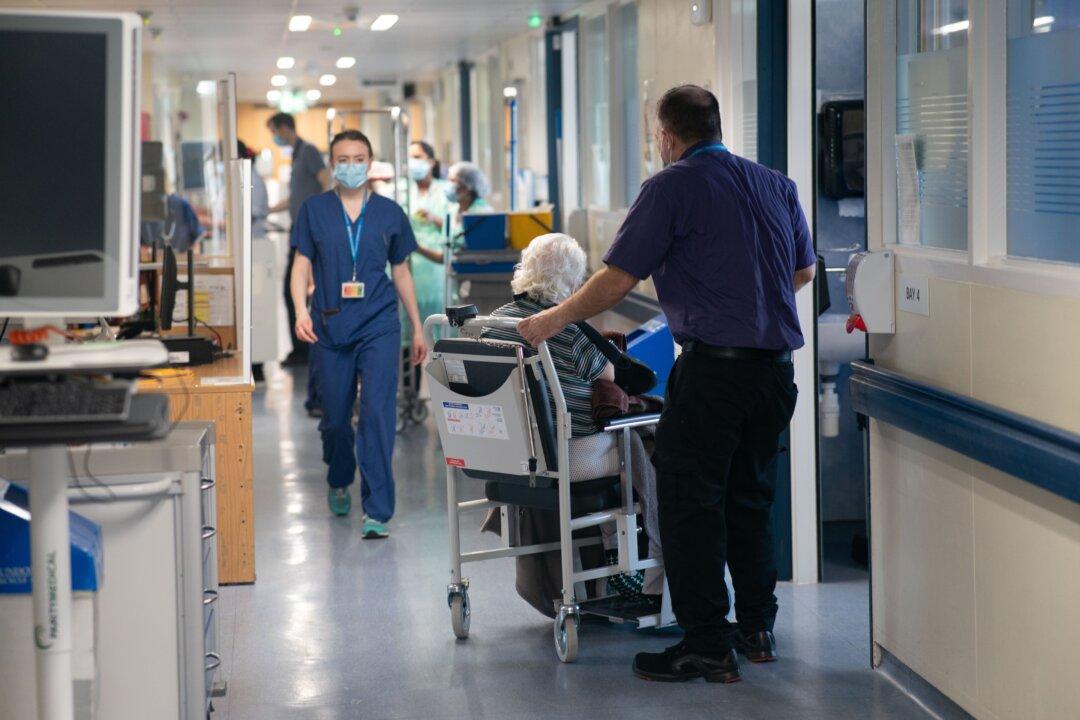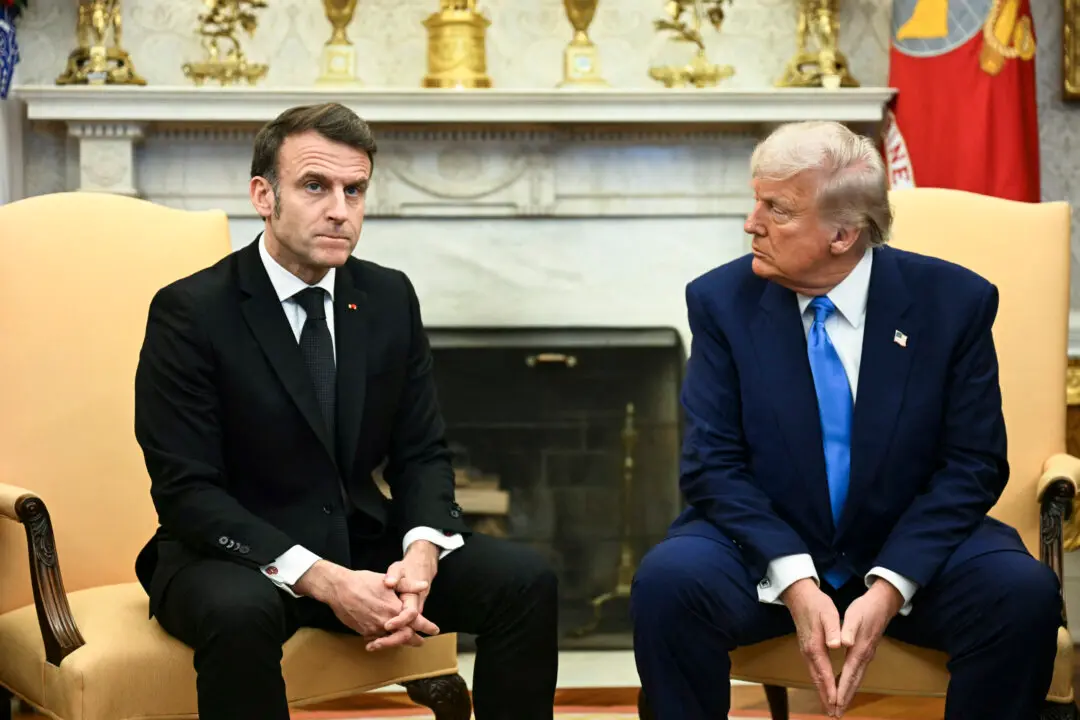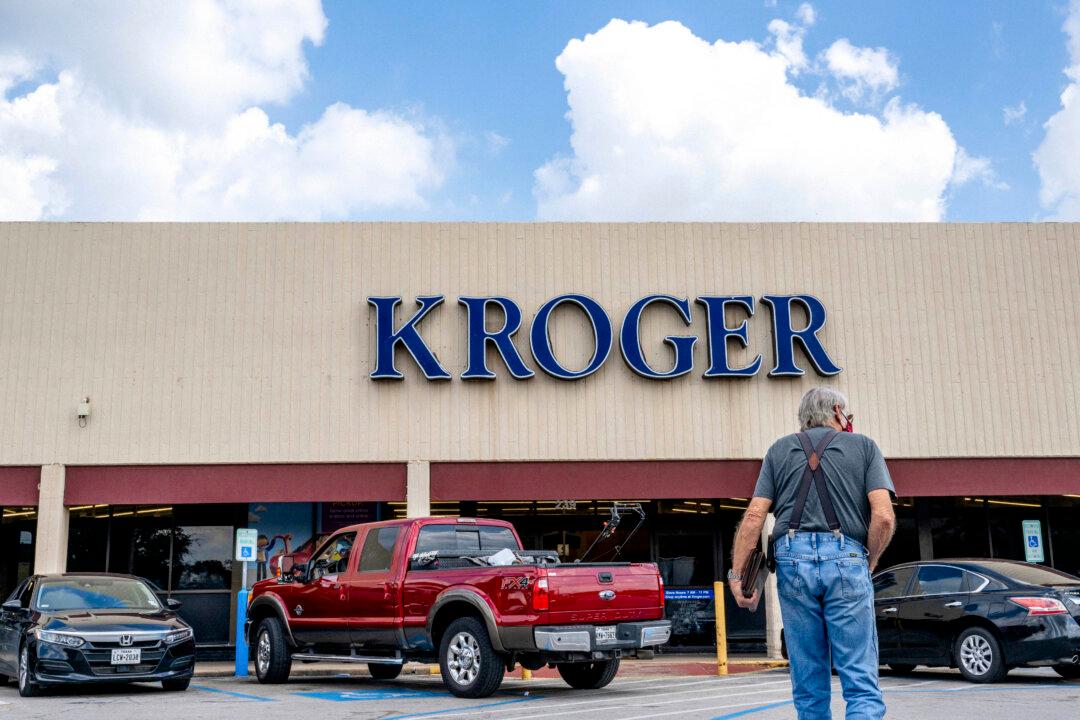A 48-hour strike by senior doctors in England scheduled to begin on July 20 is predicted to create major disruptions to National Health Service services and patient appointments.
The planned industrial action follows five days of strikes by junior doctors. Senior doctors won’t be seeing patients or supervising junior doctors from 7 a.m. on July 20 through 7 a.m. on July 22.





